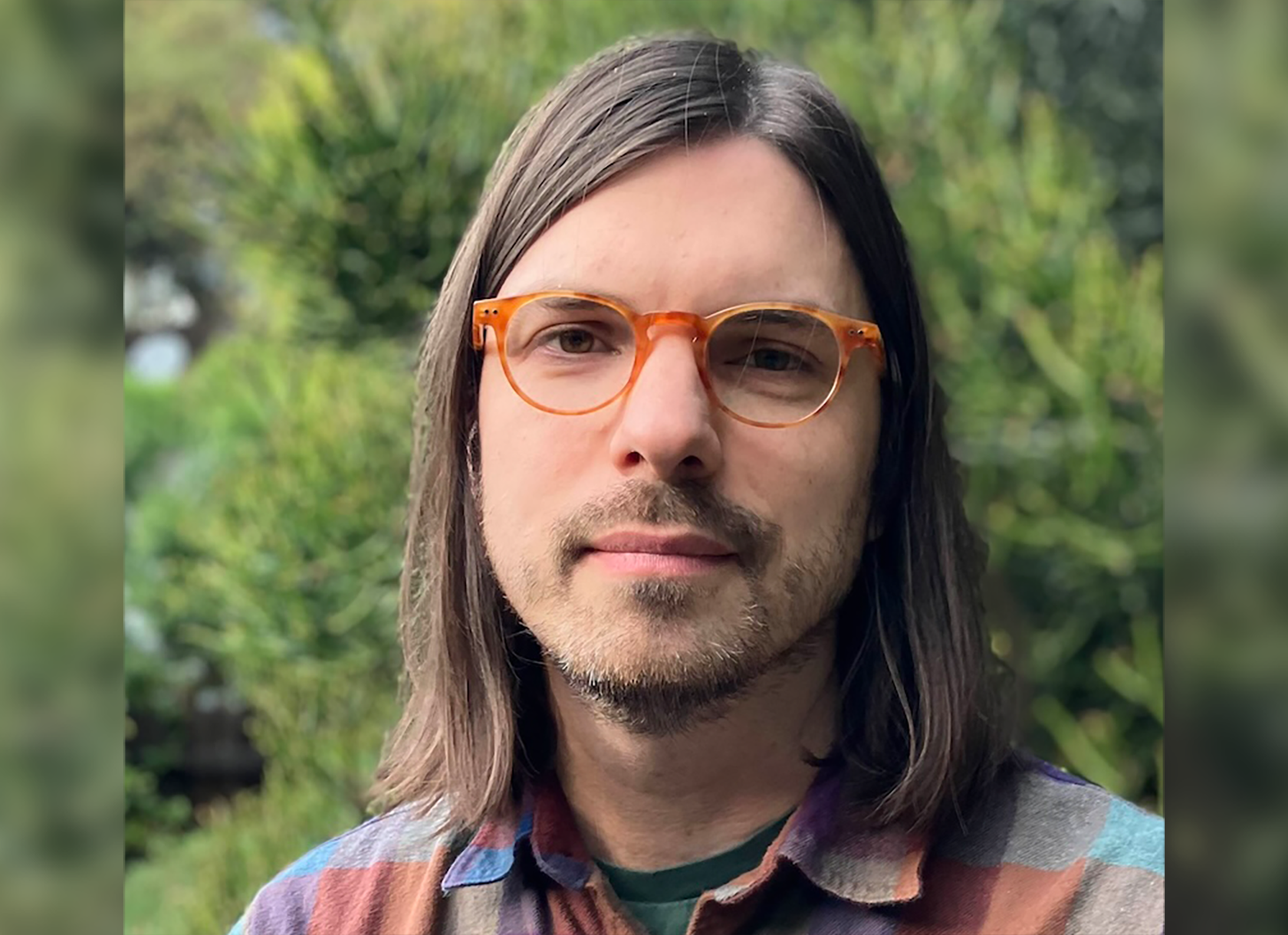
Assistant Professor of Philosophy Martin Glazier realized that he wanted to pursue philosophy as a teenager. After chancing upon scientist Douglas Hofstadter’s book Gödel, Escher, Bach—“an odd mixture of ideas from math, philosophy, computer science, neuroscience, and literature,” as Glazier puts it—due to a comment made by a precalculus teacher, he became intrigued by the philosophical ideas the book presented.
What interested him most was the problem of free will: If everything that will ever happen was determined by the Big Bang and the laws of nature, then how can we make any free choices? “I thought a lot about that problem when I first encountered it. I didn’t reach a solution, but I knew I wanted to learn more about philosophy,” Glazier says.
From there, Glazier’s path into the discipline of philosophy was set (or maybe, depending on the question of free will, it wasn’t). After studying mathematics and philosophy at Yale, he earned his PhD in philosophy from NYU. Glazier’s academic focus is on metaphysics and the philosophy of science, with further interests in logic, the philosophy of language, and the philosophy of physics.
“The different sciences are often thought of as being like the layers of a wedding cake,” Glazier explains, although he clarifies that he doesn’t necessarily endorse this view. “At the bottom, you have physics, which is supposed to be the most fundamental science. Then, as you go up, you get chemistry, biology, psychology, sociology, and so on.” While conducting his PhD research, he says, “I was interested in what makes some sciences more fundamental than others. The answer, it seemed to me, was that the higher layers could all be explained in terms of the lower layers—or at least in terms of the bottom layer, physics. Since graduate school, I’ve continued to think about the picture of reality that science seems to present us with.”
As a philosophy professor at Scripps, Glazier has two main goals in the classroom. “First, I try to communicate to students something that shocked me when I first realized it: that many of the most important and foundational questions we can ask about ourselves and our world are totally open. Second, I try to show them that this realization shouldn’t cause paralysis. On the contrary, it can lead to a sense of empowerment and agency.” To prevent students from feeling overwhelmed by a sudden sense of broad philosophical uncertainty, Glazier aims to arm them with the tools to take charge of making their own determinations about the world.
During childhood and adolescence, humans absorb ideas from the adults around us—what Glazier calls a “cognitive inheritance.” As we age and come into our own, we’re faced with the inevitable responsibility of reassessing everything we think we know. Glazier explains, “It’s a bewildering jumble of true and false, justified and baseless, right and wrong. How can you tell one from the other? What should you replace the bits you jettison with, if anything?”
The study of philosophy helps students persevere in sorting through this fog. “The key is to learn how to think for oneself. This is a skill I help students develop through studying the work of others, through challenging and probing each other’s ideas in class discussions, and through working out their own thoughts in their writing,” Glazier says.
In addition to encouraging students to develop their own critical thinking skills, Glazier prioritizes building intellectual self-confidence. When students are assured of the inherent value of their unique point of view, he explains, they feel more equipped to engage in original thinking. “To solve many of the problems we face as individuals and as a species, new ideas are needed. Each person has a distinctive perspective on the world, and that perspective leads to original thought if one has the courage and ability to create it.”
Glazier hopes that his students come away from his courses with “the conviction that they are capable of figuring things out for themselves and the skills to do it.”

